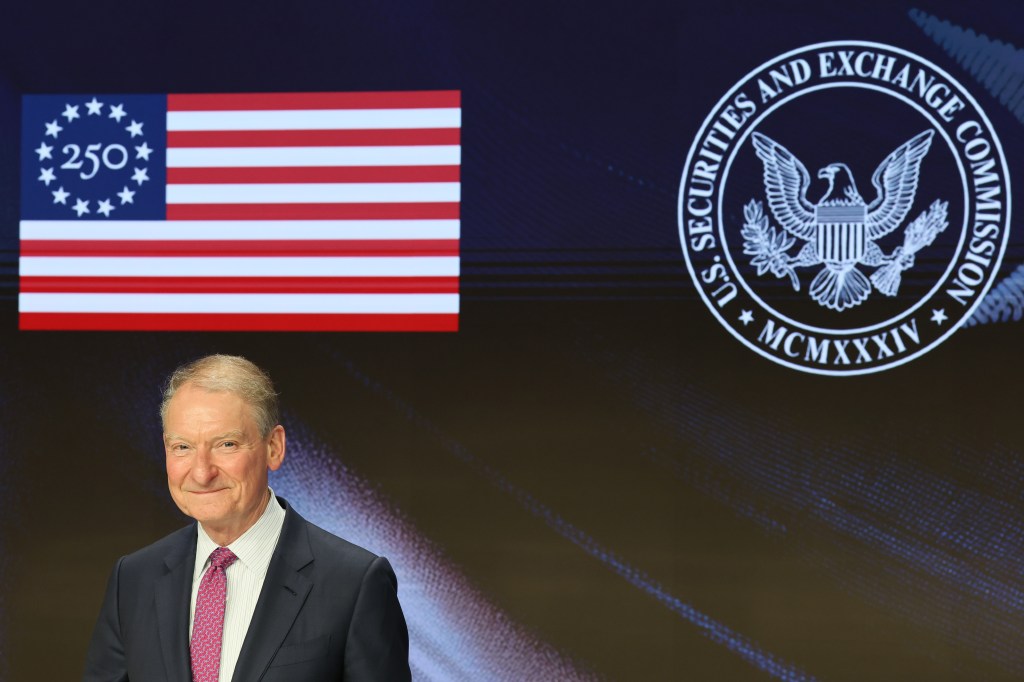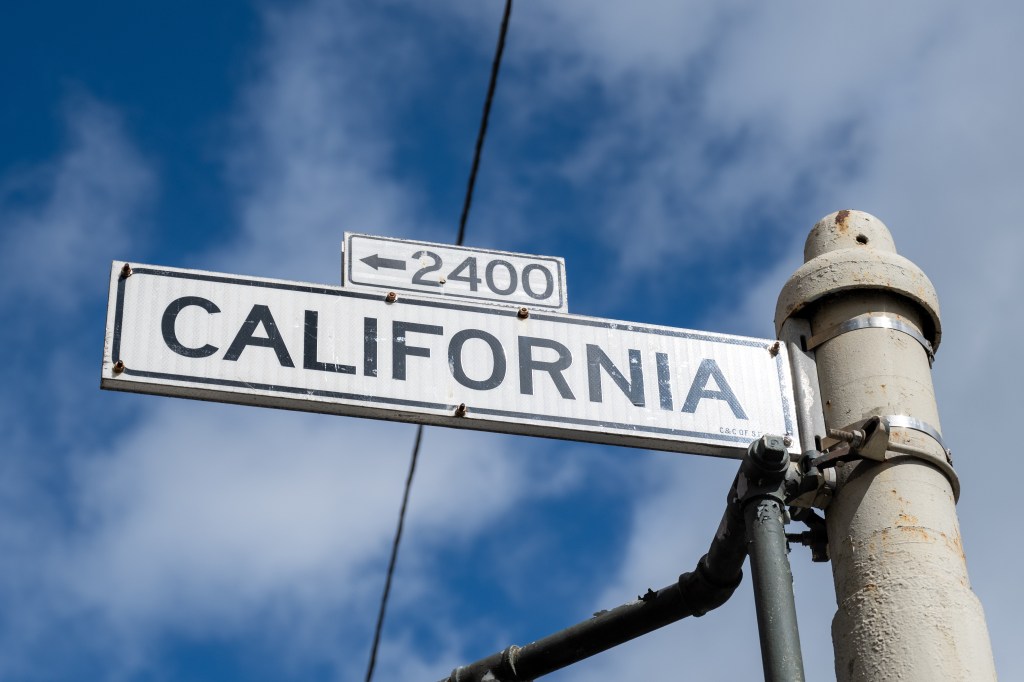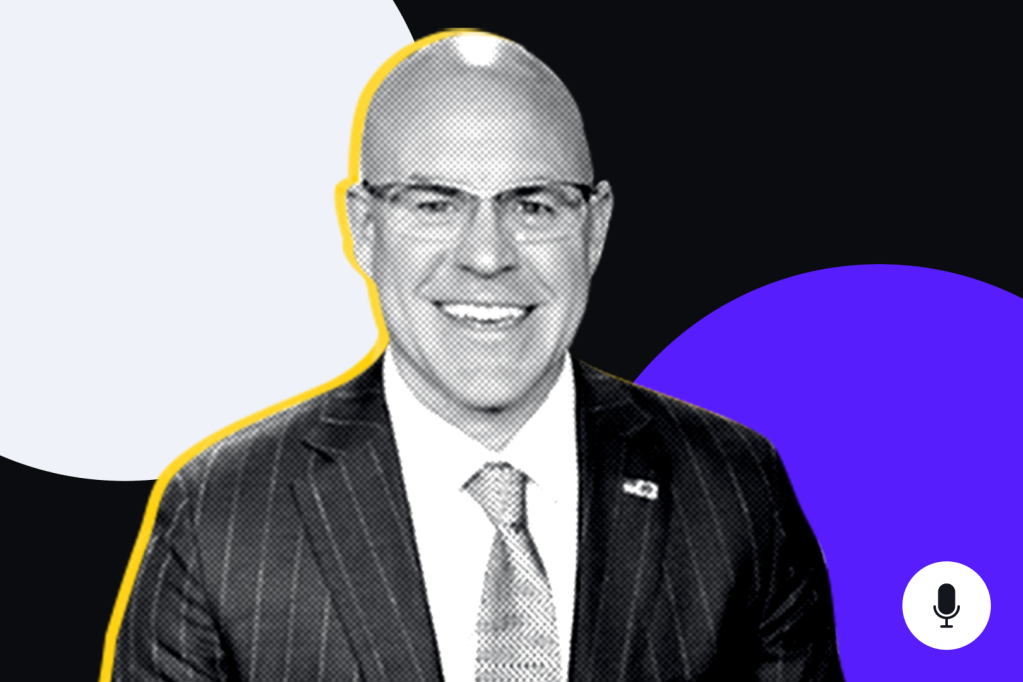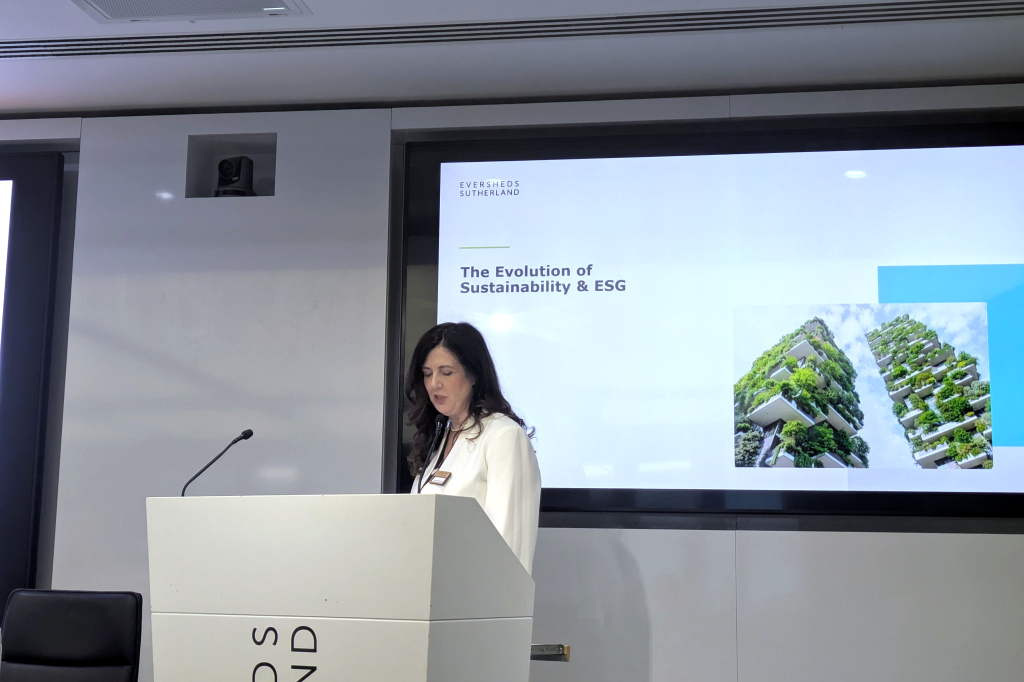When it emerged that a number of global banks had been colluding to rig the London inter-bank offered rate (LIBOR) a decade ago, the ensuing scandal resulted in billions of dollars of fines for banks and huge reputational damage for an industry that was already reeling from the aftermath of
Register for free to keep reading
To continue reading this article and unlock full access to GRIP, register now. You’ll enjoy free access to all content until our subscription service launches in early 2026.
- Unlimited access to industry insights
- Stay on top of key rules and regulatory changes with our Rules Navigator
- Ad-free experience with no distractions
- Regular podcasts from trusted external experts
- Fresh compliance and regulatory content every day













